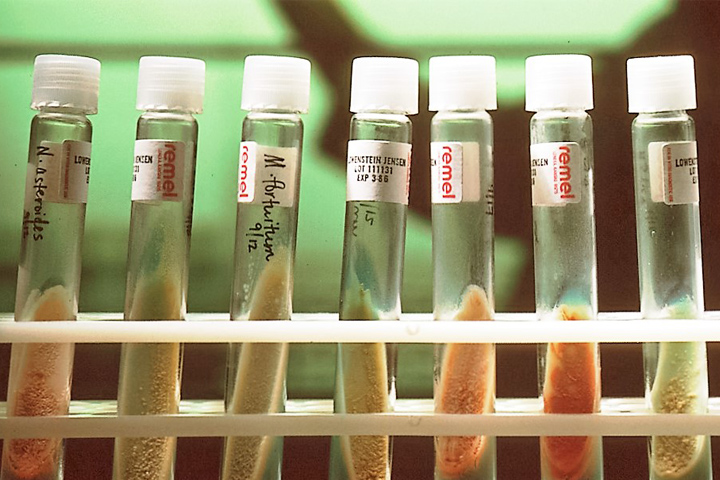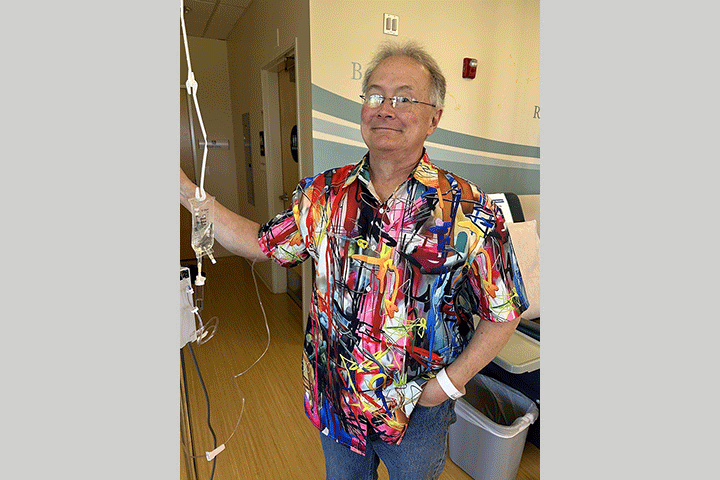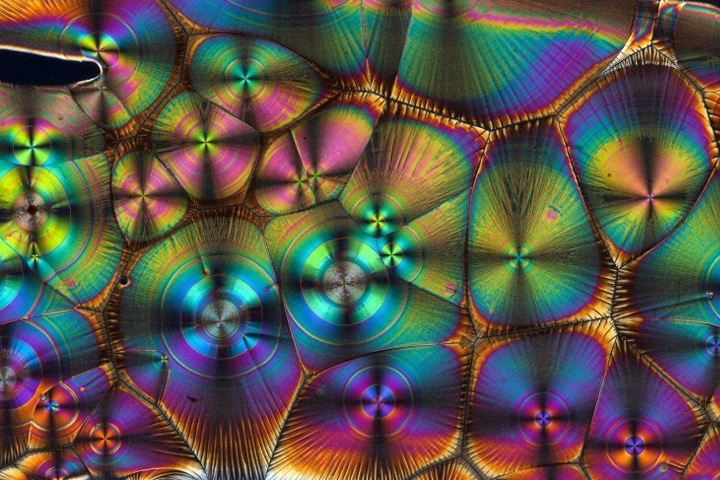Could There Be a Cure in Vitamin C?

Bill Branson; National Cancer Institute
What if the key to beating pancreatic cancer was as simple as getting your vitamin C?
A new study finds that high-dose vitamin C can curb the growth of cancer cells with the KRAS mutation, which is found in nearly all pancreatic cancers.
For patients with this gene mutation, a weekly or biweekly megadose of the vitamin could help shrink tumors, according to a study published in December 2015 in the journal Science.
KRAS Mutation and Vitamin C
About 90 percent of pancreatic cancers (and 40 percent of colorectal cancers) carry a mutation of the gene KRAS. For years, researchers have been searching for the mutation’s Achilles’ heel.
Recently, scientists at Weill Cornell Medicine, Cold Spring Harbor Laboratory, Tufts Medical Center, Harvard Medical School and Johns Hopkins Sidney Kimmel Cancer Center discovered that vitamin C, in high enough doses, can stop those KRAS-mutant cancer cells in their tracks.
All cells—healthy or otherwise—produce carrier molecules that help them take in nutrients they need to survive. When cells metabolize those nutrients (to generate the energy they need to grow), they produce byproducts called free radicals. Free radicals are “poison” to cells, explains Lewis Cantley, Ph.D., director of the Sandra and Edward Meyer Cancer Center at Weill Cornell Medical College. Typically cells wipe them out. But when free radicals build up in cells, and the cells can’t clear them, they die.
The more of a carrier molecule there is on a cell, the more it can absorb nutrients. KRAS-mutant colon cancer cells overproduce a carrier molecule that helps it take in one such nutrient, DHA, the oxidized form of vitamin C.
But as Cantley and his team found, when there’s too much DHA in and around KRAS-mutant cancer cells, the cells become “exhausted,” Cantley says, and cease being able to rid themselves speedily of free radicals. As a result, the cells die.
Once the cycle gets going, a feedback loop begins. Dying KRAS-mutant colon cancer cells leak out free radicals into the environment around them, “generating more poison from the outside,” Cantley says. “It’s a perfect storm.”
Eyes On a Clinical Trial
Using high doses of DHA, Cantley and his team were able to kill cultured KRAS-mutant colon cancer cells. They then megadosed mice with KRAS-mutated colon tumors, in amounts equivalent to what you’d find in 300 oranges. The mice’s tumors shrank.
Cantley and his colleagues hope to start trials of high-dose DHA soon in patients with the KRAS gene mutation, “initially for patients with colorectal cancer,” he says, “although we’re examining using it for pancreatic cancer patients in the trial setting, too.”
To achieve a therapeutic dose, the vitamin C will probably need to be given weekly, or every few days, and must be administered intravenously. (In other words, don’t overdo it on the oranges, says Cantley: “You could never consume enough of vitamin C to get this effect on your own.”)
It will take time for the team’s breakthrough to enter the trial phase. But developing a finer understanding of the way vitamin C can influence KRAS-mutated cancer cells, says Cantley, is a leap in the right direction.
Do you have pancreatic cancer and carry the KRAS gene mutation? Ask your doctor about this research.






